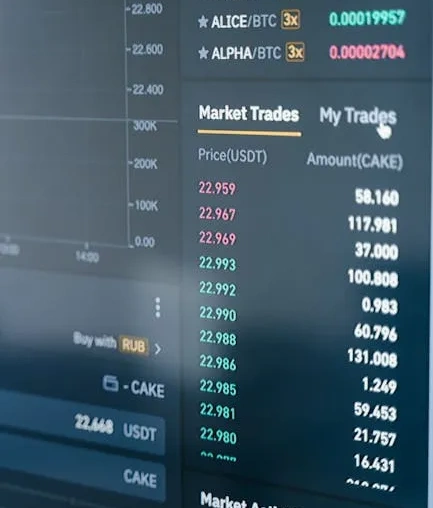
Michael Selig Nominated for CFTC Chair: What This Means for Crypto Regulation
In a significant development for the cryptocurrency landscape, the White House has put forth Michael Selig as the nominee for the Chair of the Commodity Futures Trading Commission (CFTC). This announcement comes from David Sacks, the White House czar for cryptocurrency and artificial intelligence, following the unexpected withdrawal of Brian Quintenz’s nomination. As the CFTC faces a leadership void, Selig’s nomination is poised to shape the future of digital asset regulation in the United States.
The Context of the Nomination
The CFTC plays a crucial role in overseeing the derivatives markets, which include futures and options on commodities and cryptocurrencies. With the growing interest and investment in digital assets, effective leadership at the CFTC is more important than ever. The previous nominee, Brian Quintenz, who had a solid background in the industry, stepped back, leaving the agency in need of guidance in a rapidly evolving market.
Who is Michael Selig?
Michael Selig comes to the forefront with a reputation for understanding the complexities of both traditional finance and the emerging crypto economy. His experience is expected to provide a balanced approach to regulation, fostering innovation while ensuring investor protection. Selig’s nomination indicates a potential shift in regulatory strategy, one that might be more accommodating to the needs of the crypto sector while still adhering to the CFTC’s mandate.
Implications for the Cryptocurrency Market
The implications of Selig’s nomination extend beyond the CFTC itself. Investors and stakeholders in the cryptocurrency market are closely watching how this change in leadership could influence regulatory frameworks. A new chair could result in a more coherent and supportive regulatory environment, which many believe is necessary for the maturation of the crypto industry.
As the CFTC grapples with issues like market manipulation, fraud, and the classification of digital assets, Selig’s leadership could lead to clearer guidelines and a more structured approach to regulation. This clarity is vital for fostering trust among investors and encouraging institutional participation in the market.
What’s Next?
As the nomination process unfolds, it will be essential for Selig to engage with both industry stakeholders and regulatory bodies to establish a dialogue that addresses the challenges facing the cryptocurrency ecosystem. The Senate will ultimately confirm the nomination, and discussions will likely focus on Selig’s views regarding the balance between innovation and regulation.
In conclusion, Michael Selig’s nomination comes at a pivotal time for the CFTC and the broader cryptocurrency market. His approach to regulation could define the future for digital assets in the United States, making it crucial for all involved to stay informed about how this leadership change may unfold.



